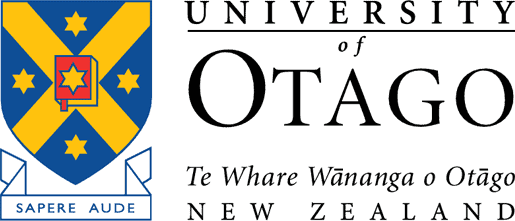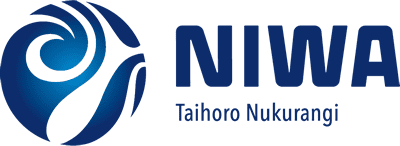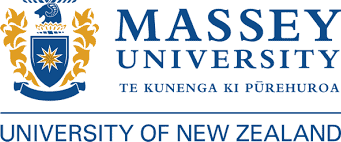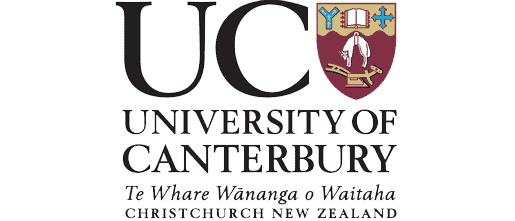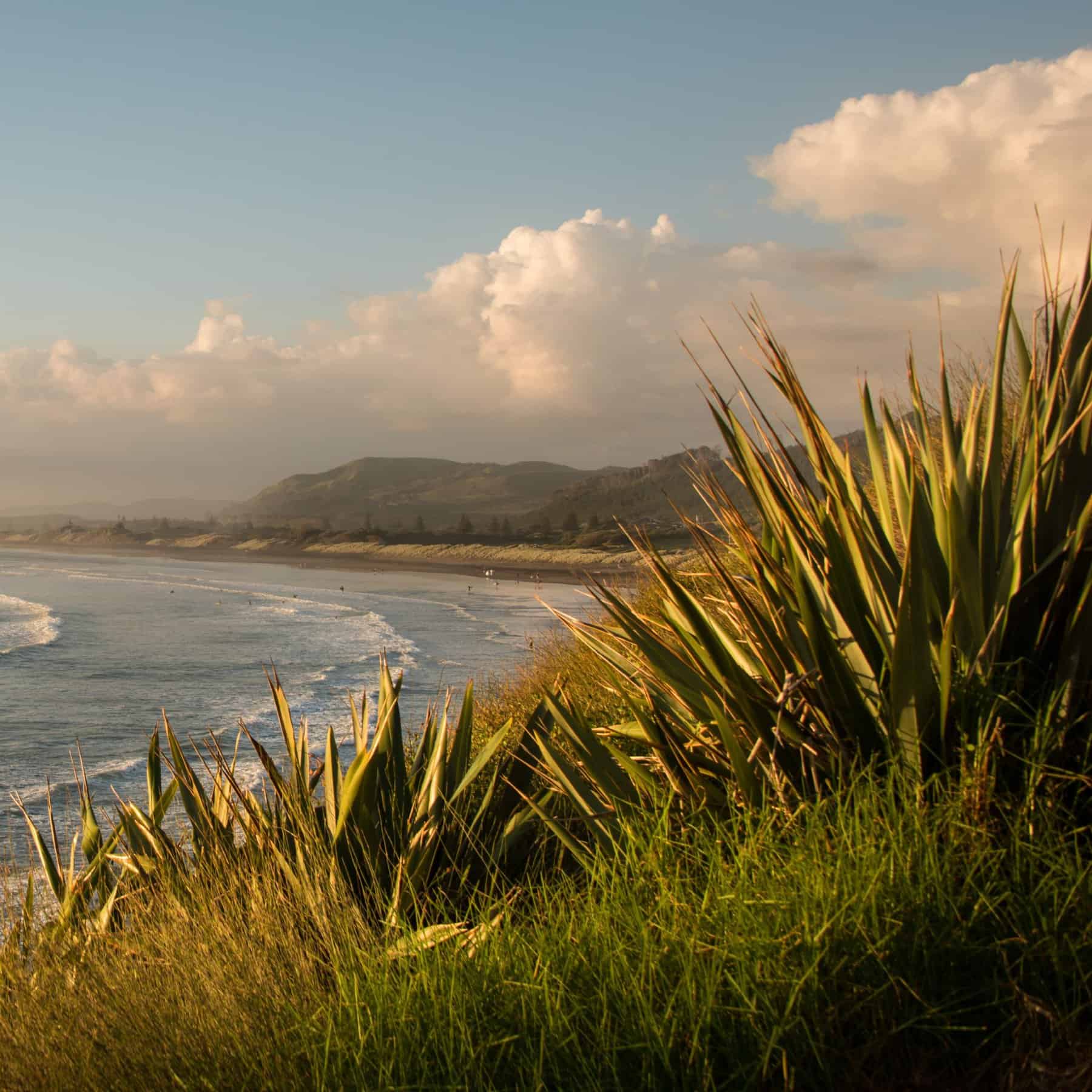He peka tītoki e kore e whati
The branch of the tītoki tree will not be broken
Resilience to Nature’s Challenges was one of 11 National Science Challenges that ran from 2014 – 2024, funded through the Ministry of Business, Innovation and Employment. Our mission was to accelerate Aotearoa New Zealand’s resilience to natural hazards through innovative, collaborative research.
We would like to thank everyone who was involved in our ten years’ of mahi, including our researchers, our host GNS Science, our numerous collaborators in hapū and iwi, community groups, councils, agencies and the private sector, and the thirteen partner organisations that were a formal part of our Challenge.

We were funded by the Ministry of Business, Innovation & Employment
Take up the Challenge Hīkina te manuka
Find our research
Select a topic below
Featured Topic
As the Resilience Challenge draws to a close after ten-years of research, this symposium provided an opportunity to look back at the journey, the breadth of knowledge we’ve developed and collated, and how we can continue to build on this legacy.
Resource finder
Use one, some or all the filters below to explore our resources.
Know what you are looking for? Type below
Or, use our filtered search by selecting as little or as much as you like.
Indigeneity and emergency management: an emic “gaze” on the role of traditional knowledges and cultural practices in emergency management contexts
An analysis of indigenous emergency management knowledges and practices noted in disaster research literature between January 2000 and July 2022.
Challenge Lifetime Summary
A summary of Resilience Challenge achievements and impacts over ten years of collaborative research
Tourists, tourism destinations and natural hazards
Drawing on learnings from tourism and disasters over the last 14 years, this brief examines preparedness alongside post-event response and recovery.
Insurance and disaster recovery
This brief focusses on insurance issues in Aotearoa New Zealand related to disaster recovery.
Psychosocial factors in disaster recovery
This brief focusses on psychosocial issues that may arise immediately post-disaster and how to best address the impact and reduce ongoing distress.
A framework for modelling the probability of flooding under levee breaching
W.Wallace, K. Crawford-Flett, M. Wilson, T. Logan. 2024. A framework for modelling the probability of flooding under levee breaching. Journal of Flood Risk Management. DOI:…
Review of Post-Disaster Science Response and Coordination: 2023 North Island Severe Weather Events
An independent review of the science response to the 2023 North Island Severe Weather Events. This review helps inform future arrangements for an effective science response in emergencies.
Natural hazard planning by New Zealand’s local government: a review of regional policy statements and district plans
Have 2017 RMA amendments aligned Regional Policy Statements and selected District Plans in adopting a ‘risk-based planning approach’ to natural hazards.
A novel illustration of real options analysis to address the problem of probabilities under deep uncertainty and changing climate risk
Two novel applications from New Zealand of real options analysis that formed part of actual decision processes.
Resilience to Nature’s Challenges Kia manawaroa - Ngā Ākina o Te Ao Tūroa is one of 11 National Science Challenges funded by government to tackle the big science questions facing Aotearoa New Zealand.
- Our mission
To accelerate Aotearoa New Zealand’s natural hazard resilience through innovative, collaborative science.
- Our Science
We’re deepening our understanding of natural hazards and creating new tools to build our resilience.
- Our partners
Users of our research are involved from the start to ensure our research outputs are useful, usable and used.
